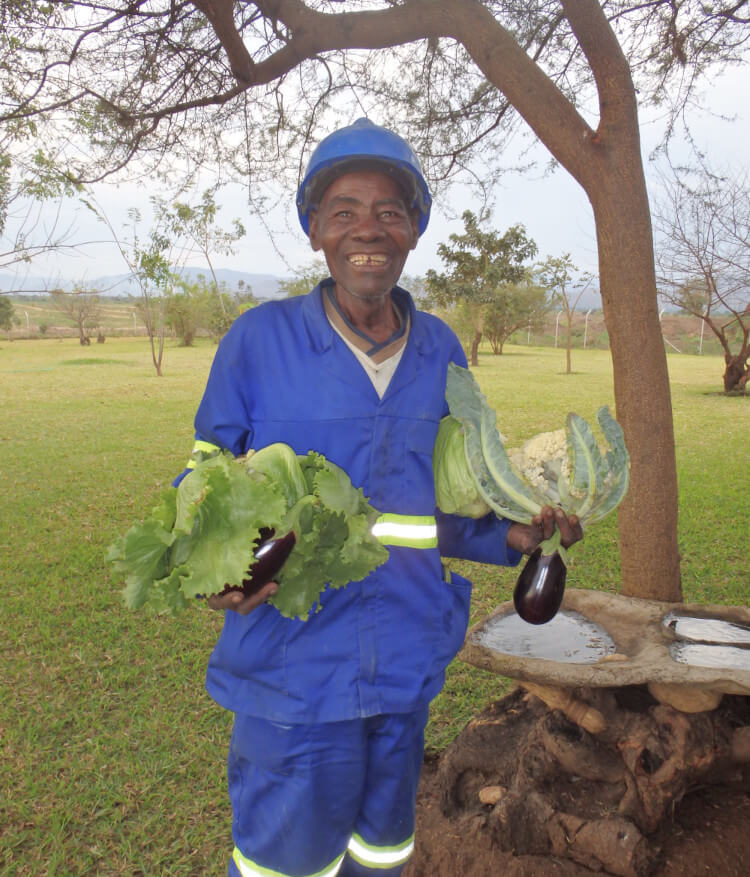By Gavin Dalgleish, Group MD, Illovo Sugar Africa
An additional positive is that these neighbouring communities also benefit from the newly-created job opportunities and from reliable and clean water supply installed for the project. In Malawi, we support the Phata Co-operative – a grower model that gives small-holder growers an opportunity to partner with Illovo Sugar Malawi while keeping land ownership in their hands. Meanwhile in Zambia, we also supply raw water to the nearby town of Mazabuka and safe drinking water and sanitation to over 16,000 residents of the sugar estate.
As global leaders meet at COP27 in Egypt this week to set out the pathway to tackle today’s climate crisis, a spotlight will be shone on African businesses, like ourselves, to showcase some of the progress and innovations that have been made in recent years. These are just some of the recent examples we’ve made. We will continue to scrutinise our operations to find where we can improve our water and carbon savings further; we’re always thinking about how we can play our part locally, and improve the lives of those in and around our operations, aligned to our Group’s Thriving African Community purpose. Africa has a key role to play in tackling climate change and social inequality, and we are in a position to make a significant difference, together with our many business partners.
* AB Sugar has committed to setting a near-term science-based emission reduction target in consultation with The Science Based Targets initiative (SBTi), (AB Sugar | News | Another step forward in AB Sugar’s decarbonisation journey – committing to the Science Based Targets initiative (SBTi)). AB Sugar’s near-term science-based emission reduction target will cover our group of businesses which includes Illovo Sugar Africa, British Sugar and Azucarera
